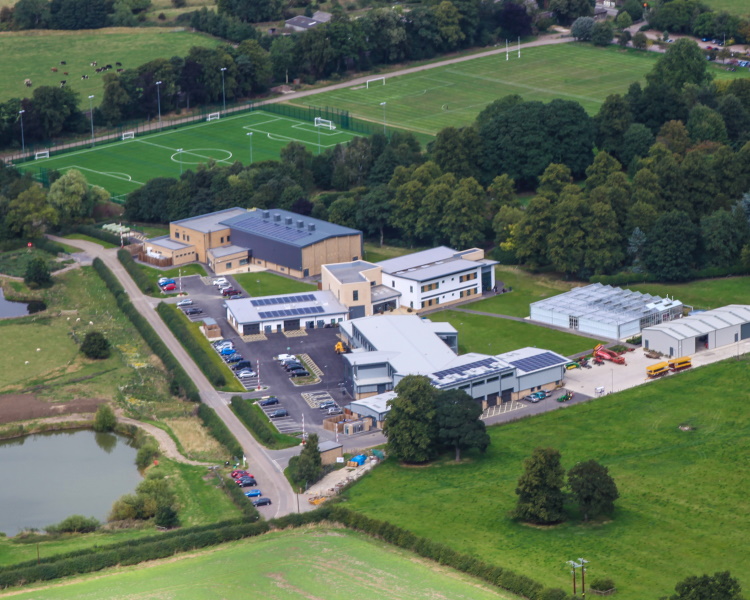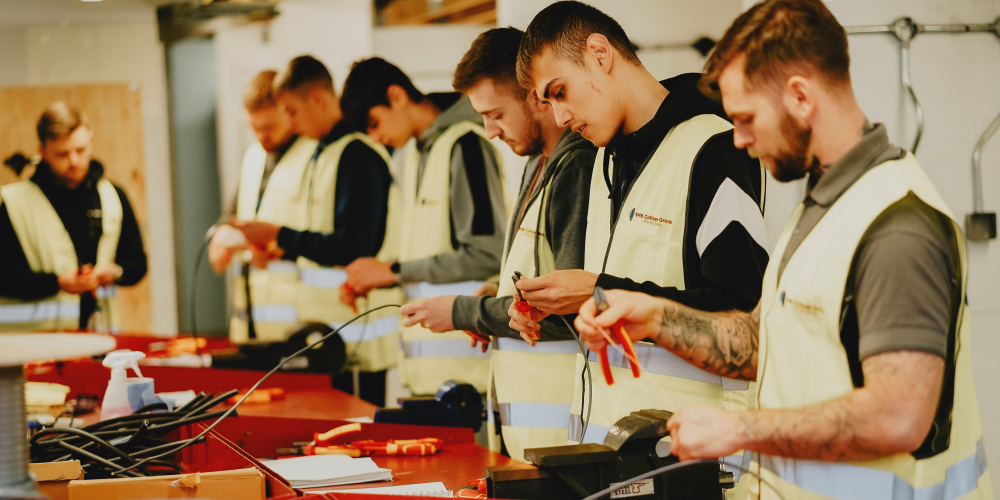Fitters are required to check their work against quality standards and make adjustments as required based on their knowledge. On completion of the task a fitter will hand over the product and prepare the work area for the next task by checking equipment meets the standards required to operate. They may be based in a workshop or clients premises - this may include hazardous environments.
-
What will I learn?
Lv2 Diploma in Engineering Operatives (Skills) 4 optional units
Complying with Statutory Regulations and Organisational Safety Requirements
Working Efficiently and Effectively in Advanced Manufacturing and Engineering
Using and Communicating Technical Information
Producing Components Using Hand fitting Techniques
Maintaining Mechanical Devices and Equipment
Maintaining fluid power systems
Maintaining electrical equipment/systems
Producing CAD models (drawings) using a CAD system
Level 3 Diploma in Advanced Manufacturing Engineering (Development Knowledge)
Health and Safety in the Engineering Workplace
Communications for Engineering Technicians
Mathematics for Engineering Technicians
Engineering Project
Mechanical Principles of Engineering Systems
Properties and Applications of Engineering Materials
Applications of mechanical systems in engineering
Computer Aided Design (CAD) Techniques
Engineering Maintenance Procedures and Techniques
Features and Applications of Electrical Machines
Electro, Pneumatic and Hydraulic Systems and Devices
-
How will I learn?
Our industry experienced staff will share with you their knowledge and experience of working in the engineering sector. They will use many different types of exciting interactive teaching methods to ensure your preferred method of learning is covered. You will experience classroom based learning as well as workshop based learning on industry standard equipment.
-
How will I be assessed?
Throughout the course you will be assessed by practical tasks in college, written assignments and work placed assessments/tasks. There will be an end point assessment conducted by engineering experts outside college. This will include project report, including evidence and questioning, graded fail, pass or distinction. A multiple choice test, graded fail or pass. And a professional discussion, graded fail, pass or distinction. End-point assessment graded: fail, pass, or distinction.
-
Where could this course lead to?
Successful completion of this apprenticeship could lead to Higher Education courses or a Higher Apprenticeship at level 4 or 5.
-
What qualifications or experience do I need?
GCSE Grade 9-5 Maths and English (certificates to be seen by lecturer and Functional Skills tutors for exemption purposes). You will also need a job in the sector in which you have a contract of employment.
-
How long is the course?
The course is planned over 36 months, in addition to 3 months for the EPA phase.



